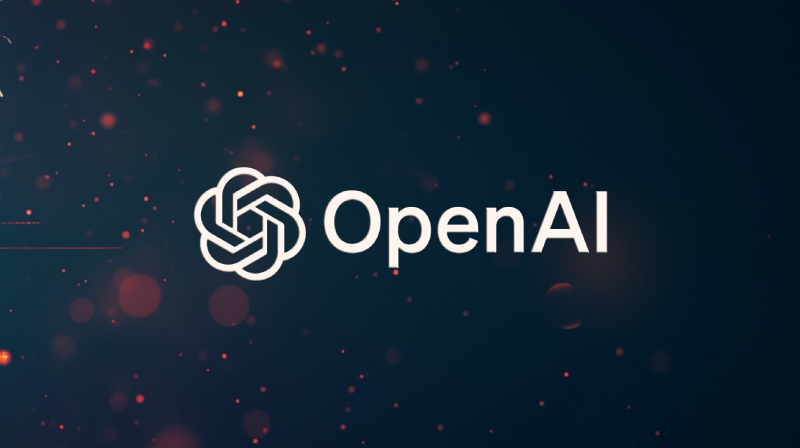OpenAI, as the organization, announces the formation of a new Safety and Security Committee. This committee, directed by OpenAI’s CEO Sam Altman and board members, is tasked with making critical recommendations on safety and security for all OpenAI projects and operations.
The committee’s arrival coincides with OpenAI embarking on training its next-generation artificial intelligence model. This new model is expected to surpass the capabilities of the current GPT-4 system that underpins tools like ChatGPT.
The committee’s formation comes amidst growing concerns surrounding the rapid development of artificial intelligence. OpenAI itself has faced internal upheaval, including the departure of key figures focused on long-term AI safety. This had led to worries about safety being overshadowed by a focus on faster product development.
The newly formed committee aims to address these concerns. With a 90-day timeframe, the committee will evaluate and refine OpenAI’s existing safety and security processes. Their recommendations will then be presented to the full board for review and implementation.
OpenAI emphasizes its commitment to robust safety measures. They acknowledge the importance of open discussions, particularly at this crucial juncture in AI development.
The committee is composed of prominent figures within OpenAI. Technical and policy experts like Aleksander Madry (preparedness), Lilian Weng (safety systems), John Schulman (alignment science), Matt Knight (security), and Jakub Pachocki (chief scientist) will collaborate alongside board members. OpenAI will further consult with external advisors, including cybersecurity experts Rob Joyce and John Carlin, to bolster the committee’s efforts.
This move signifies OpenAI’s recognition of the need for a balanced approach. While they strive to push the boundaries of AI technology, ensuring its safe and responsible development remains a top priority. The success of the Safety and Security Committee will be instrumental in shaping the future trajectory of OpenAI and the broader field of artificial intelligence.











